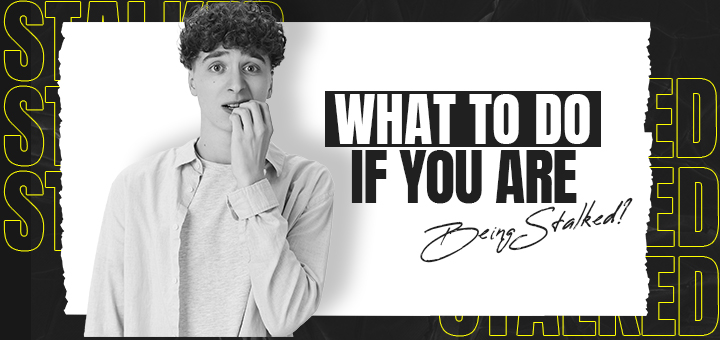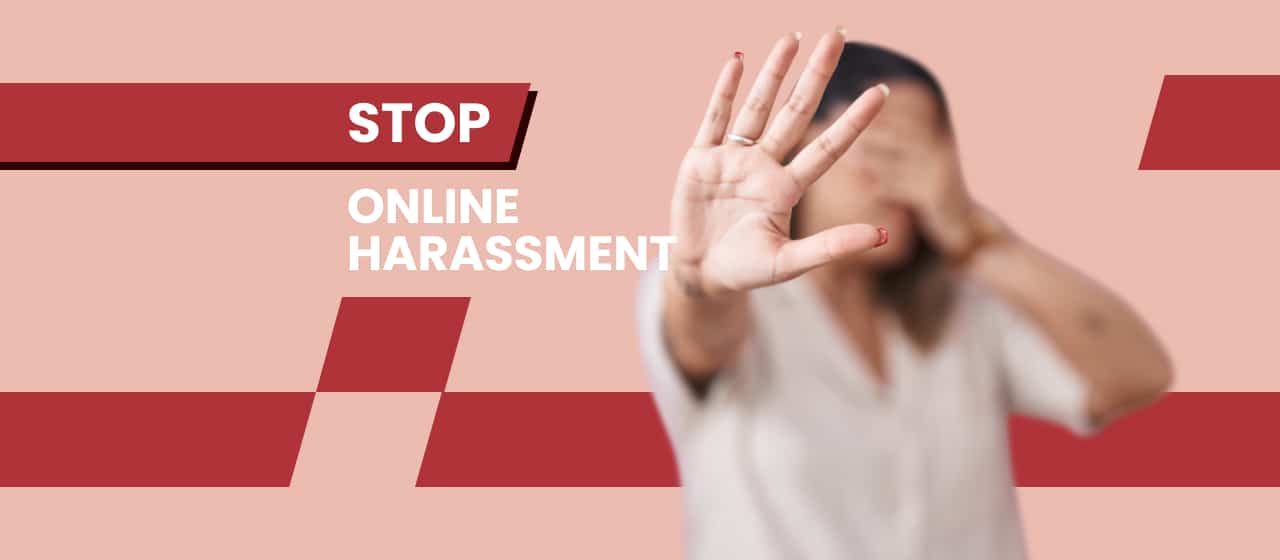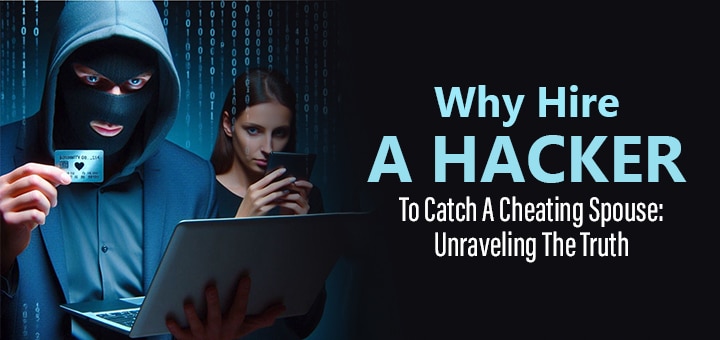Everyone deserves the right to their privacy, but unfortunately, there are a group of people that do not understand and respect what boundaries are. If you are being stalked, you must feel exploited, scared, and unsure what steps to take to end it. This blog will give you an understanding of your legal rights as a victim and what to do if you are stalked.

Understanding the legal definition of stalking
In legal terms, stalking is the act or crime of willfully and repeatedly following or harassing another person in circumstances that would cause a reasonable person to fear injury or death, primarily because of express or implied threats
broadly: a crime of engaging in the course of conduct directed at a person that serves no legitimate purpose and seriously alarms, annoys, or intimidates that person
NOTE: Stalking is often aggravated when the conduct violates a restraining order protecting the victim.
What To Do If You Are Being Stalked?
1. Take It Seriously
The first step in dealing with stalking is to take it seriously. Some people make the mistake of downplaying the situation, thinking that their stalker will eventually lose interest and leave them alone. But stalking is not a harmless game; it can lead to violent and dangerous situations that can cause irreparable harm. Acknowledge that this is a serious situation that requires prompt attention and action.
2. Document the Harassment
Stalking is a crime; like any other crime, documentation is crucial. Please record all the incidents, no matter how insignificant they appear. Write down each incident’s date, time, location, and details, including any witnesses present. Take photographs, if possible, such as the stalker’s vehicle, license plate, or other identifying features.
3. Seek Help
You must not go through this alone. Reach out for help from family, friends, or the authorities. Inform the police and file a report, even if you are unsure about pursuing legal action. The authorities can help in many ways, such as providing protective orders, increasing security measures, and monitoring the stalker’s activities.
4. Increase Your Security
It is essential to take additional security measures to protect yourself from stalking. Change your routine and daily habits, such as travel routes, online presence, and privacy settings. Invest in your safety by securing your home, installing security cameras, and staying vigilant in public spaces. Keep your phone handy and charged, rely on designated driver services, and avoid being alone in isolated areas.
5. Practice Self-Care
Stalking can affect your mental health and well-being and lead to symptoms such as anxiety, depression, and PTSD. Take care of yourself by practicing self-care techniques such as meditation, exercise, adequate sleep, and eliminating stressors. Furthermore, seek professional therapy and support groups to help you cope with the trauma and stress of stalking.
Notify law enforcement and seek legal help if necessary
While it is understandable that some victims might choose to confront their stalker and request them to stop, this approach can be extremely dangerous. Stalkers are often mentally unstable and may not respect boundaries or care about their victims’ wishes.
That is why involving law enforcement is fundamental to ensure your safety, prevent the stalker from escalating, and hold them accountable for their actions. Don’t take any risks; report cybercrime as soon as possible.
Summary
Stalking is a serious crime, and it can happen to anyone. If you are in this unfortunate situation, remember that you are not alone; some resources and tools can help you address the stalking effectively. Remember to take stalking seriously, document everything, seek help, increase your security, and practice self-care.
Above all, remember that your safety and well-being come first, and you have the right to take legal action against your stalker. Stay strong, stay safe, and keep fighting.







